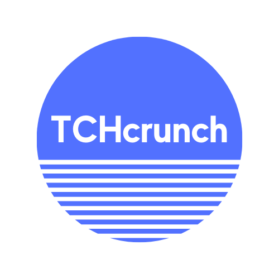Microdosing psilocybin is a pretty widespread practice in modern culture to promote multiple health benefits. The most common include better focus, improved productivity, boosted energy levels, and enhanced creativity. Meanwhile, more and more scientists aim to investigate the action of powerful psychedelics, such as ecstasy and psilocybin, to treat post-traumatic stress disorder and depression in people. The results of multiple studies are promising. This article will walk you through the issue of ecstasy and psilocybin psychiatry you might not know about before.
Psilocybin at the glance
Psilocybin is a hallucinogen contained in specific mushroom species. This chemical works by affecting serotonin receptors in the brain’s prefrontal cortex. The typical effects of psilocybin include altered perception of space and time, mood changes, spiritual awakening, euphoria, distorted thinking abilities, poor coordination, dilated pupils, visual or auditory hallucinations, confusion, etc. Such effects usually occur 30 minutes after ingestion of shrooms and tend to last between four and six hours. This drug is often used for recreational purposes or spiritual experiences.
What is ecstasy?
Ecstasy (MDMA), also known in the modern culture as molly, is a synthetic drug that can potentially cause stimulant and hallucinogenic effects. This substance is derived from amphetamine. People often ingest ecstasy to enhance their energy levels and achieve a feeling of pleasure and emotional balance. However, it usually provokes a sense of distorted time and physical sensation perception. Besides, widespread effects of ecstasy that last no longer than six hours involve confusion, insomnia, problems with memory, confusion, decreased libido, anxiety, etc. This drug is now famous as recreational, while it is also considered to be therapeutic.
Ecstasy and microdose psilocybin psychiatry: what to know?
Undoubtedly, psilocybin may be a psychiatry game changer. Why? Currently, psilocybin has been investigated to be efficient for patients with multiple mental health disorders. This drug has shown promising effects in helping people heal from disturbing emotional symptoms like depression and anxiety. However, consumption of psilocybin mushrooms should be done under supervision to achieve relief from common mental health symptoms. This approach, known as psilocybin-assisted psychotherapy, combines shrooms’ therapeutic potential and a professional therapist’s support. After all, the illegality of magic mushrooms in numerous countries globally makes it challenging to schedule psilocybin therapy.
As for ecstasy, some psychotherapists suggest a drug as therapeutic that can open up patients and improve their empathy. Recent studies dedicated to MDMA showed that participants reported better sleep, improved self-cognition, and particular cognitive insights. In addition, MDMA-assisted psychotherapy was found excellent for treating various mental health conditions, such as eating disorders, anxiety disorders, substance use disorders, PTSD, obsessive-compulsive disorder, and others.
It is worth mentioning that the therapeutic effects of traditional psychedelics result from their affection for serotonin receptors. This chemical regulates many bodily functions, particularly memory, mood, and nausea. Regardless of the promising effects of ecstasy, its illegality interferes with its prevalence.

